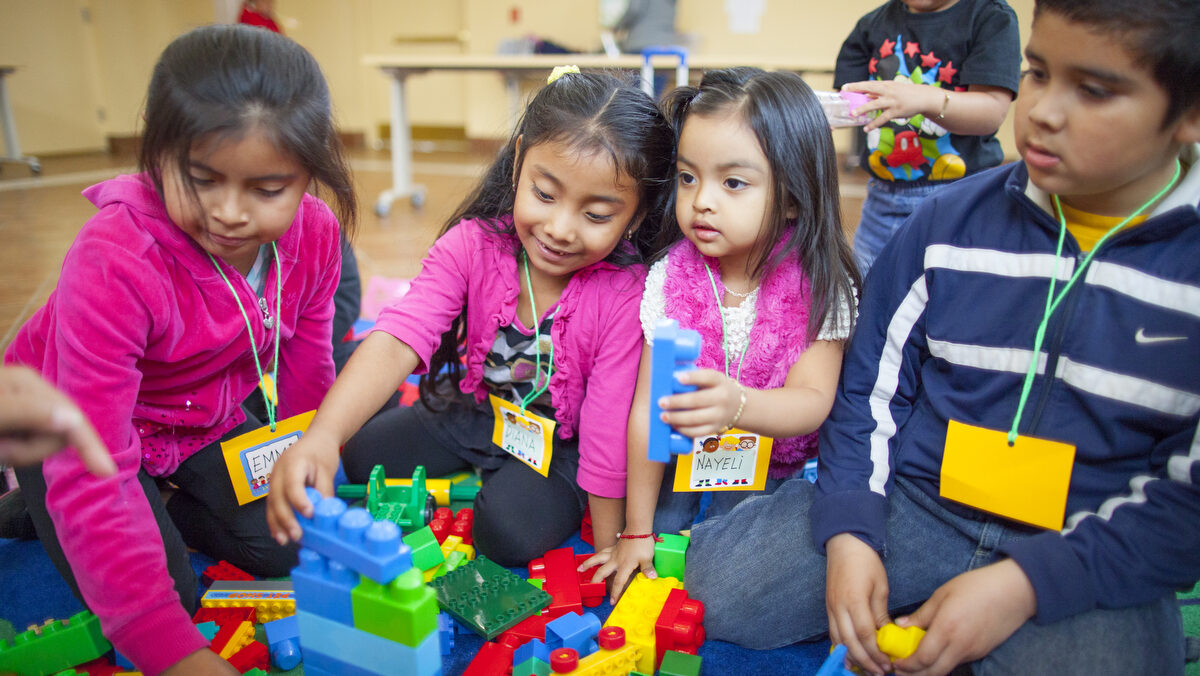
03:00 - 04:30 pm
Showing Up Matters for R.E.A.L. (Routines, Engagement, Access to resources and Learning

“This is not a time for blame, this is a time for partnership and for collective action to rebuild the positive conditions for learning in our schools that we know help kids show up to school, engage with teachers and friends, and learn.”
Hedy Chang, Executive Director of Attendance Works, offered this call to action as she kicked off a panel of five educators from different regions of the country who shared their strategies for building Routines, increasing Engagement, ensuring Access to resources and supporting Learning.
Chang was joined by Patricia Chavez, VP of External Relations at Parent Institute for Quality Education; Erin Simon, Assistant Superintendent of School Support Services at Long Beach Unified School District; Maria Harris, Principal, Educare Los Angeles at Long Beach; Cherri Rowe, Chief Program Officer of Boys & Girls Clubs of Greater Dallas; and Pam Allyn, author and CEO, Dewey. In a discussion moderated by Chang, the five innovative educators shared pandemic-related challenges families and students are still experiencing, as well as strategies they created for engaging with students and families in ways that inspire them to show up for school and participate in learning.
Chang started the session describing the more than doubling of chronic absence nationwide, noting that it is especially high in the early grades. Chang called this level of absenteeism profound, adding that it will have an adverse, long-term impact unless everyone works together to address it now. Panelists outlined key challenges affecting student attendance, engagement and learning. Families have been fearful about sending their children to school during a pandemic. Quarantines have disrupted family routines and many lack access to the technology so crucial to keeping kids learning and gaining access to resources. Many families living in low-income communities are still facing significant economic pressures and experiencing food and housing insecurity as well as a lack of health care access. The panel also recognized how feelings of shame, related to a child or their parent not experiencing success in school, can cause disengagement and poor attendance.
Panelists then shared strategies for addressing these challenges by taking a whole child, whole family and whole community approach, leveraging the power of technology for communication in multiple languages and expanding enriching learning opportunities through community partnerships. They noted that families are now focused on their family’s mental health and would like social and emotional support.
The educators described how they worked with community partners and organizations that are able to provide families with many of their basic needs. They agreed that out-of-school-time offerings, such as before- and after-school programs, provide students with opportunities to connect with caring adults and to participate inacademic enrichment activities, character and leadership development programs, and initiatives that teach healthy lifestyles. Such programming can help bring back the joy in learning and draw upon the power of family storytelling. Community-based programs can be housed on school grounds, which can facilitate school-program communication about students and make it easier for students and families to participate. Summer programs that focus on literacy can provide students with much needed routine as well as fun activities that benefit students and can prepare them to return to school in the fall.


 All Events
All Events